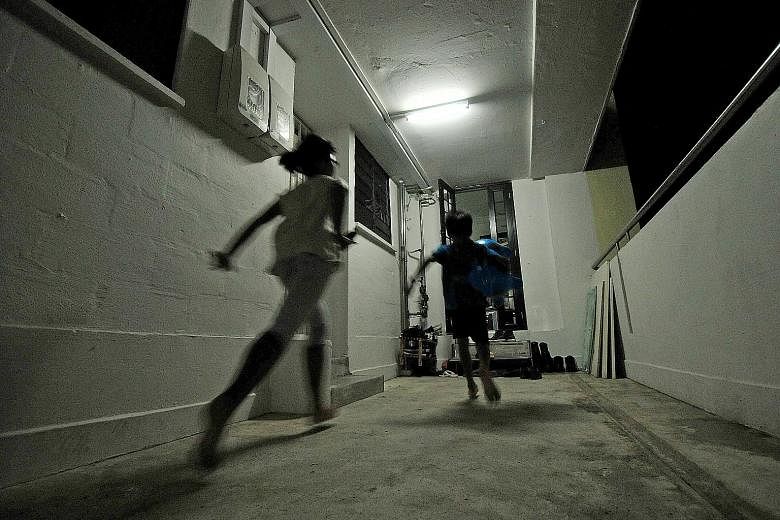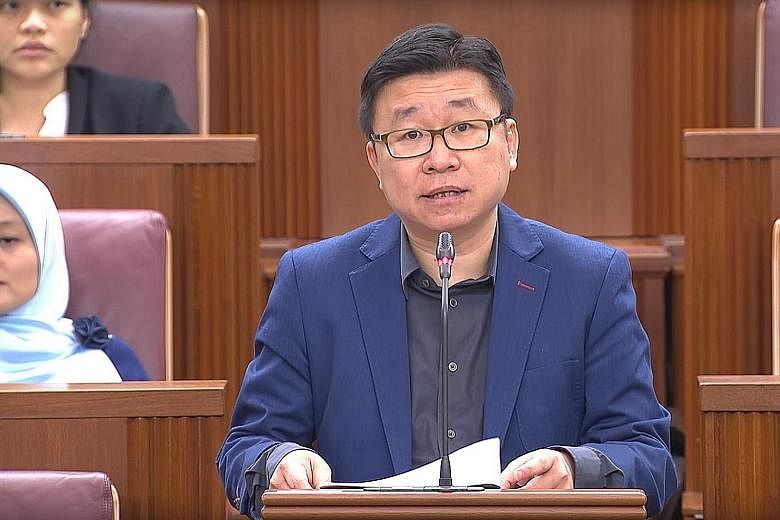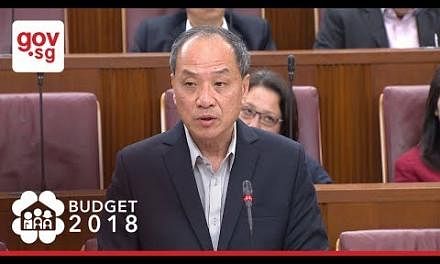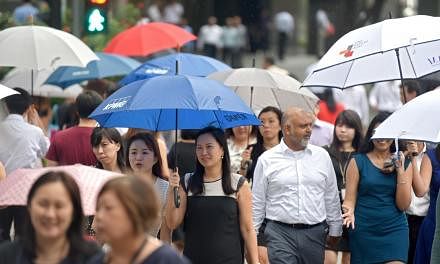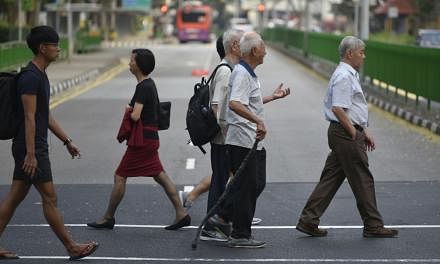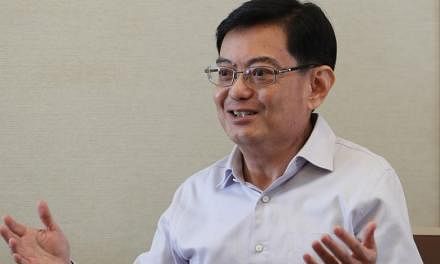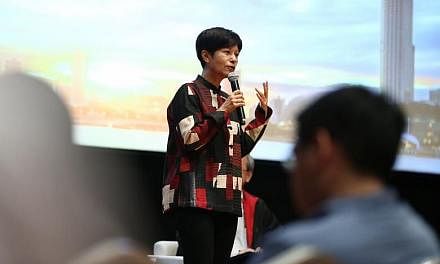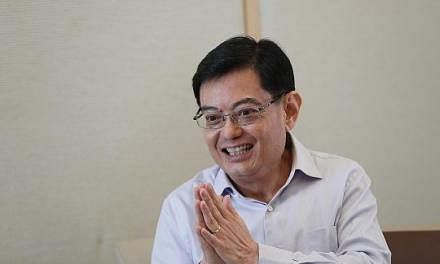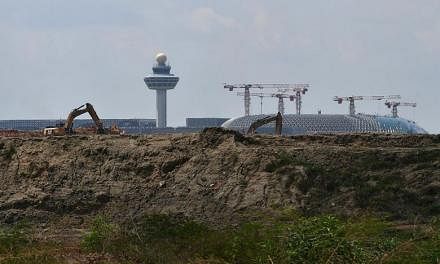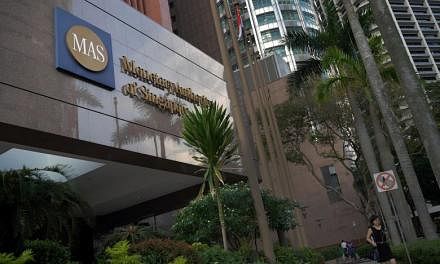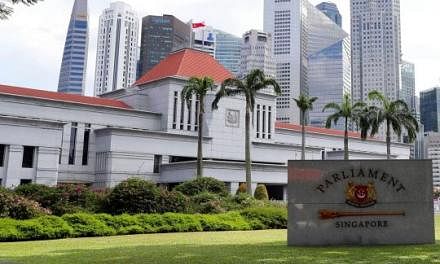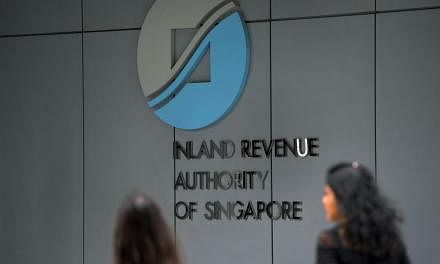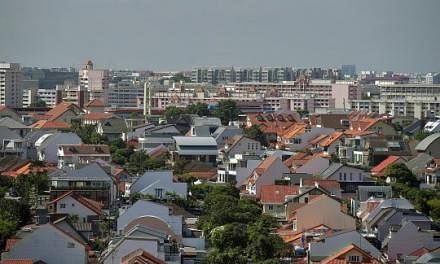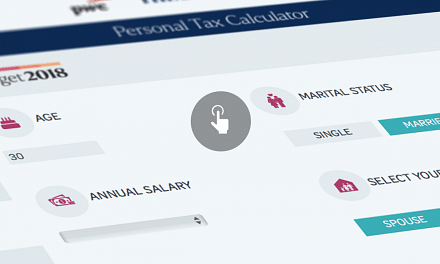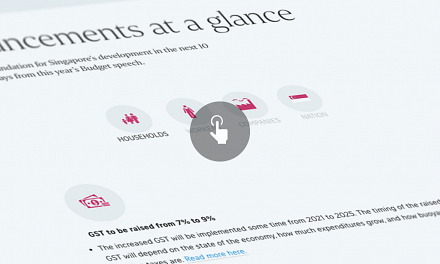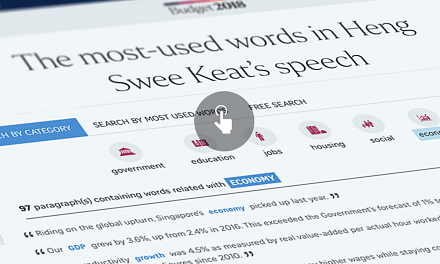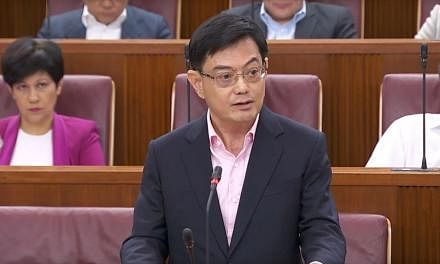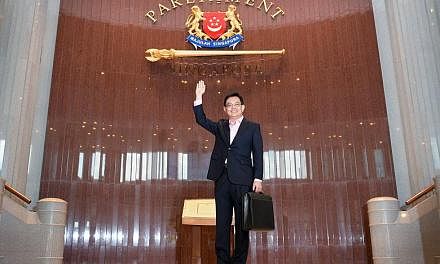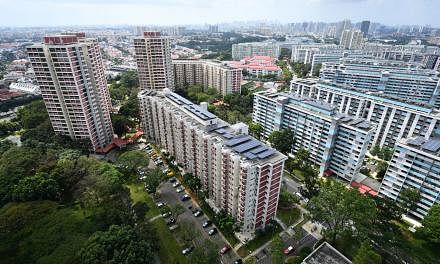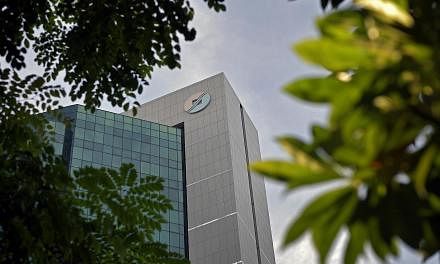Meritocracy has long been upheld as an important tenet of Singapore society, but it is time to examine its failings, Nominated MP Kok Heng Leun said in Parliament yesterday.
He was among several MPs who spoke on the pressing need for Singapore to address its widening income inequality, with some giving suggestions such as a wealth tax or teaching entrepreneurship skills in schools, as ways to narrow the gap.
For Mr Kok, the issue warrants a closer look at meritocracy, long viewed as an important driver of economic growth. But such an approach rewards only those with achievements, he noted.
"What about those who continue to fail in school? What about those who work two jobs and still cannot earn to support their families?" he asked rhetorically in a speech on the Budget statement.
Singapore should look at systematic approaches to eradicate inequality, so that rewards can be more equitable, he said.
"We have been inculcated with the values of meritocracy - hard work will be rewarded, self-reliance and personal achievement is key to our success... Have we also then made those who have failed to achieve believe in the narrative that it was because of personal failing that one cannot do better and accept the narrative that it is not a dignified existence?"
In his impassioned call for a more inclusive society, Mr Kok said there are many, like those who grew up in poor households, who do not succeed despite their best efforts, because "the odds are perpetually stacked against them".
"By the time these people go to school, by the time they leave school, by the time they enter the workforce... I don't have to say it. We know what the outcome is.
"More importantly, how can we provide assistance without making those who need help feel that they have to prove that they have worked hard but not achieved enough and hence is worthy of support? Without feeling that they have no more dignity left?"
Dr Tan Wu Meng (Jurong GRC) suggested encouraging entrepreneurship among the young to narrow inequalities.
The Government should study how to nurture entrepreneurial skills in schools, so that even children from less-privileged families, who lack access to enrichment classes, can benefit, he said.
Mr Darryl David (Ang Mo Kio GRC) wants the Government to consider an enhanced financial aid scheme for education, with different tiers of Edusave grants and top-ups that are tied to family income.
Mr Ong Teng Koon (Marsiling-Yew Tee GRC) said technological disruption could create a "displaced underclass" of workers who will struggle to make ends meet when their jobs are obsolete.
While government schemes to retrain workers are helpful, he noted that a large segment will struggle to learn and apply new skills.
"Out of our 2.2 million labour force, around 700,000 workers are over 50 years old or have secondary education or below. Many will struggle to learn, and when you factor in their families and dependants, the number of people affected gets scary really fast," he said.
Any support for them needs to be sustained. He suggested alternative revenue sources to fund such support measures, like a wealth tax.
As technology advances, wages will likely fall as a share of gross domestic product, so making owners of land and capital pay their fair share may make sense, he said.
